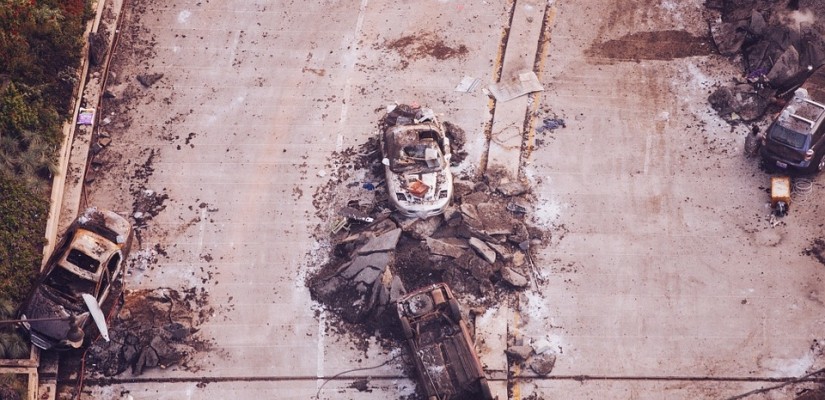
Terrorism, though far from a new concept, has thus far defied a singular or cohesive definition. For the purposes of assessing its risk outlook, though, terrorism can be defined as a violent act with a political, religious, or ideological motivation, targeting a civilian population. Globally, terrorism has been on the decline for several years. 2019 saw the continued weakening of the Islamic State of Iraq and the Levant (ISIL), including the death of Abu Bakr al-Baghdadi, the terrorist organization’s leader. However, it also saw one of the deadliest terrorist attacks since September 11, 2001, with the Easter Sunday bombings in Sri Lanka, demonstrating that the threat of terrorist attack is still very much present and unlikely to disappear in the near future. Furthermore, the conditions that make particular areas conducive to terrorism persist, and emerging and evolving threats, such as far-right terrorism, have altered the terrorism landscape in recent years. Both of these trends are likely to continue. Thus, terrorism remains a top global risk for 2020.
Globally, the conditions that make particular areas conducive to terrorist activity persist, and in some places have worsened. Terrorist groups thrive in “ungoverned spaces,” areas where local governments lack the institutional capability or willpower to combat terrorism, and in countries with porous borders or difficult terrain. Thus, in countries such as Algeria, Mali, Nigeria, and Somalia, groups like Boko Haram, Al-Shabaab, and Al Qaeda in the Islam Maghreb (AQIM) have thrived. This trend should be expected to continue. Importantly, conflict is also a significant predictor of terrorism-related incidents. The vast majority of terrorism-related deaths have historically occurred in countries engaged in civil war or cross-border conflict. As civil wars continue in places like Syria and Libya, it can be expected that terrorism will also continue to be a risk in those countries and in surrounding areas.
Furthermore, new and evolving threats have changed the terrorism landscape in recent years, a trend that is likely to continue. For example, in North America, Europe, and Oceania, far-right terrorism tripled between 2015 and 2019. Many individuals involved in far-right terrorism act as “lone wolves” rather than as members of a defined organization and are self-radicalized, usually through the internet, making detection and disruption of such activity difficult. While some governments have begun to recognize this threat, many have been slow to take steps to effectively combat it. Taken together, these factors give rise to the inference that far-right terrorism will continue to be a threat in 2020.

Risks Associated with Terrorism
Terrorist acts have collateral consequences that extend far beyond the immediate loss of human life. First, the threat of terrorism induces fear. This fear can shape a nation’s domestic policies and foreign relations alike, leading to political, financial, and operational risks. For example, political actors in many “Western” nations have capitalized on the fear of terrorism in order to justify more restrictive immigration and refugee policies. In 2019, this debate in Europe largely focused on the European Union’s policy of open borders, while the US kept in place a travel ban largely (though not exclusively) affecting individuals from majority-Muslim nations. The fear of terrorism can also lead to public support for the restriction of civil liberties for certain groups within a country, such as increased surveillance or placement on “no-fly” lists. On the most extreme end of the spectrum, the fear of terrorism can lead to conflict on an international level, as it has been used as a justification to engage enemies abroad.
Terrorism, or even the threat of terrorism, can also substantially impact a country’s economy. From a domestic perspective, in the immediate aftermath of an attack, stock markets typically plummet but generally rebound quickly. That said, certain crucial domestic industries – such as tourism – may be significantly affected as visitors are wary of traveling to countries prone to attacks and may be deterred by their own governments from doing so. In the long term, incidents of terrorism can also deter international corporate investment, as international companies may be wary of assuming associated risks to personnel, property, and productivity. Operational costs, including insurance and security costs, may also be higher in areas that are prone to terrorism-related violence. Attacks also have an adverse effect on Foreign Direct Investment (FDI), which can be crucial for developing countries.
